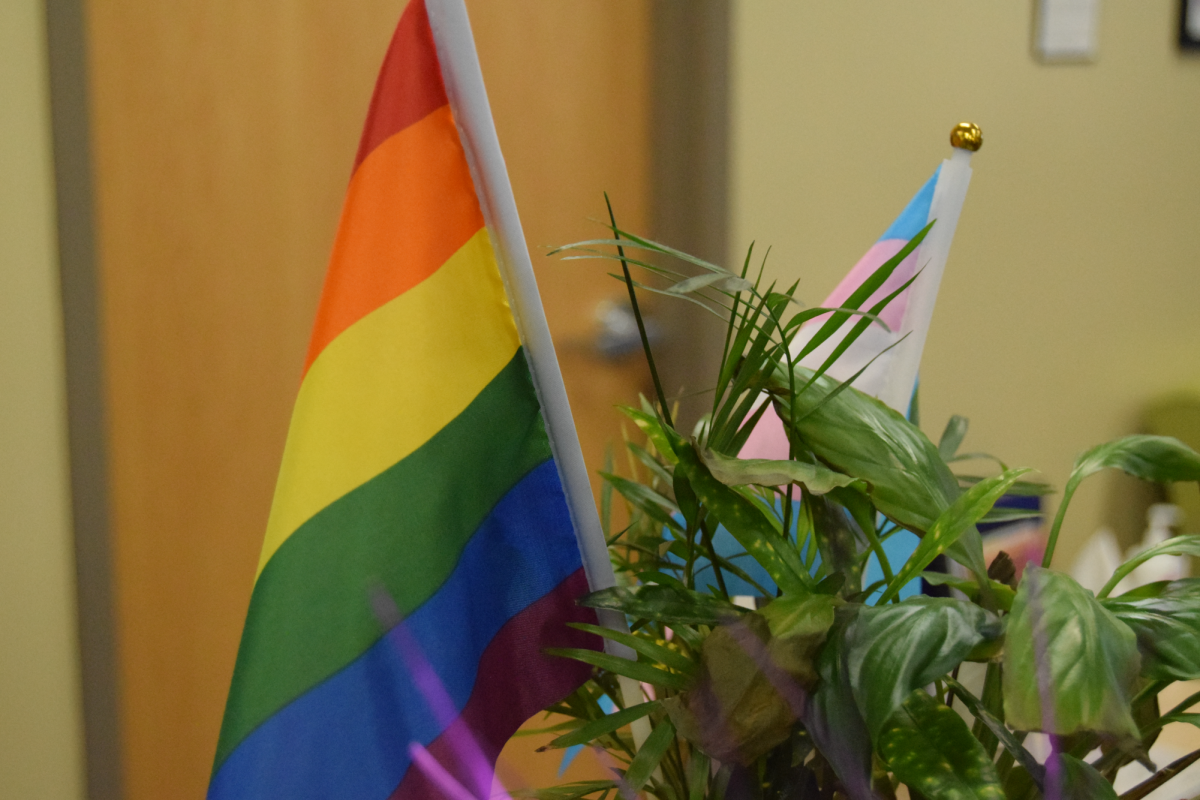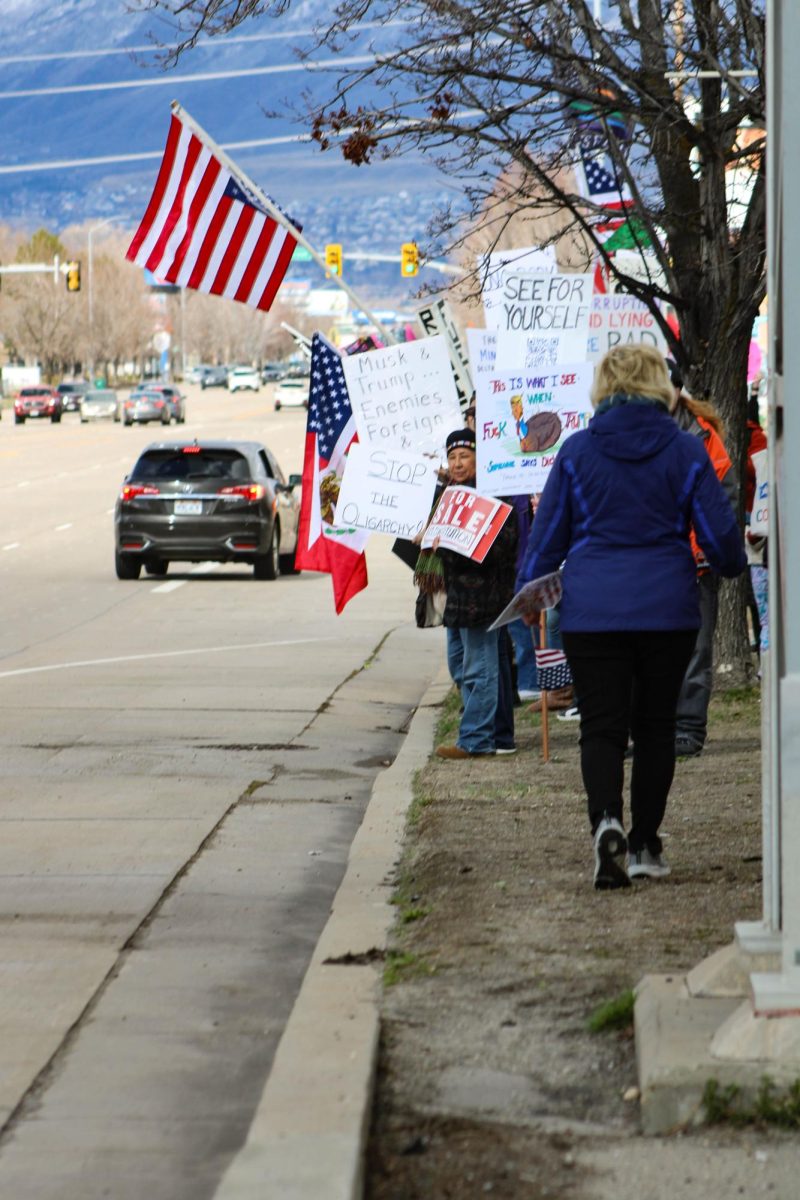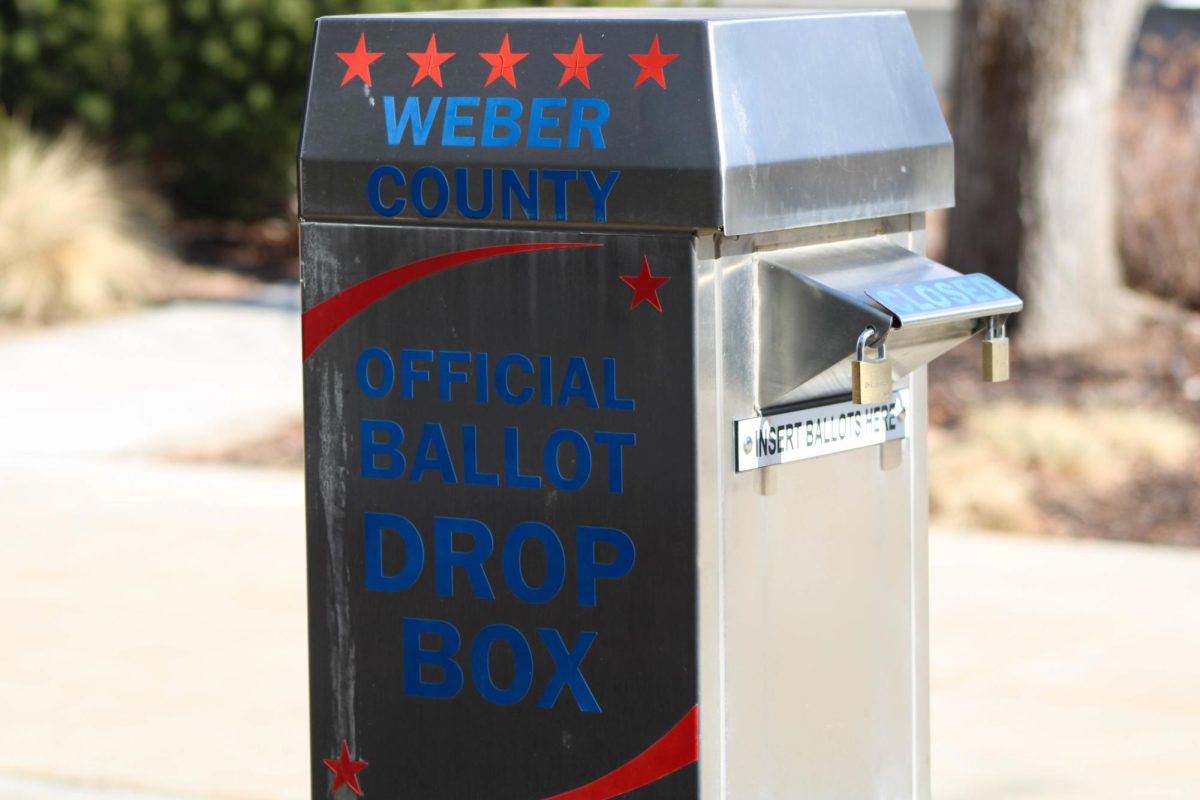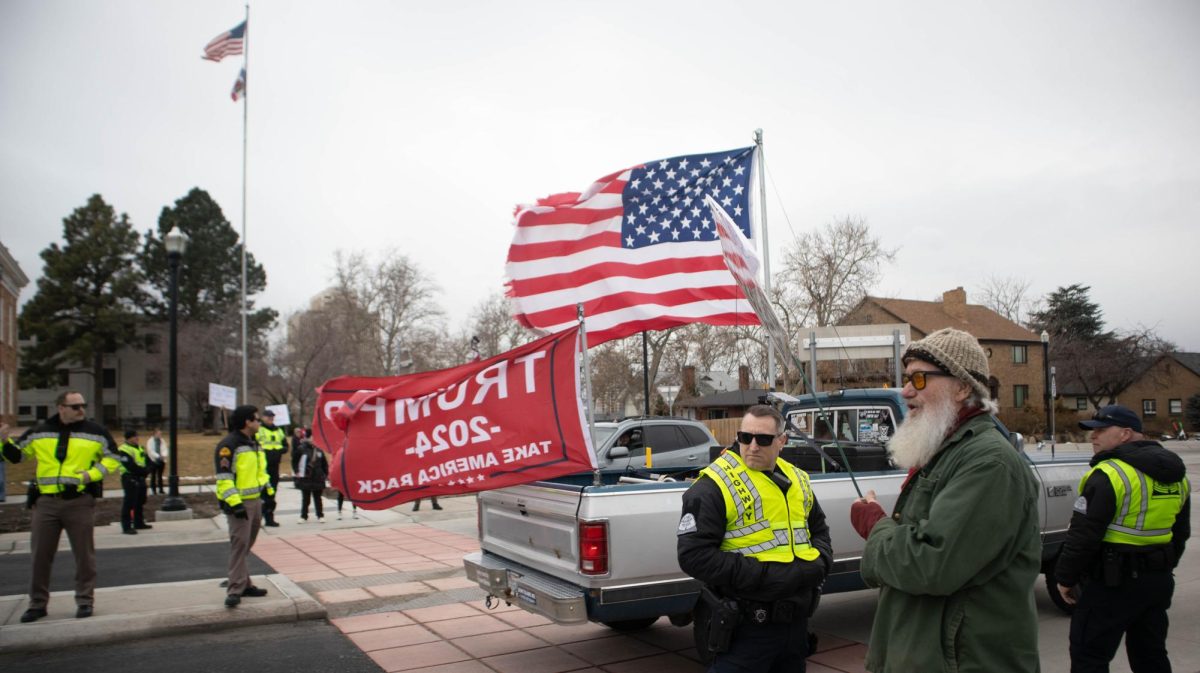
While citizens of Scotland were voting on whether to leave the United Kingdom Sept. 18, in Ogden, Weber State University staff member Donna C. Hernandez watched in amazement.
In a vote of 55.3 percent to 44.7 percent, Scotland opted to remain a part of the United Kingdom, which also includes England, Wales and Northern Ireland. In Scotland, where the voting age is 16, an unprecedented 97 percent of the electorate registered to vote on this issue and 84 percent of them cast ballots.
“The turnout of voters was amazing!” said Hernandez, supervisor of student accounts receivable at Weber State University and a Scottish native. “Some of the polling booths actually closed early because 100 percent of registered voters had already voted. I am proud of my Scottish brothers and sisters for caring enough to make sure their voices were heard.”
At every polling location in Scotland, voters were asked a simple question. “Should Scotland be an independent country?”
Scotland has been a part of the United Kingdom since 1707 when the Parliament of Great Britain was formed. However, this is not the first time this issue has been brought to the polls.
In the ’70s when Scotland last polled this decision, promises were made such as more autonomy and more say on welfare policies, as they were in this election. Scottish citizens rejected independence then as well.
Hernandez was not the only person at Weber State watching the vote in Scotland closely. WSU student Ashlee Henry has also been following events in Scotland.
“I think that it wasn’t as well thought out as it should have been,” Henry said. “Those that voted ‘no’ may have thought that it was better to stay united and try to work out their problems, rather than build more borders.”
Kim Bush, a student who has studied abroad in Scotland, was hoping for independence.
“I would have been really excited if it had passed, but it’s OK,” she said. “Taking a little time to be more prepared is OK too. I don’t think this will be the last we hear about this issue.”
All three Weber State students were glad that the voting public of Scotland made their voices heard.
“I think it’s very cool that in this time, we as a human race can take these issues and put them to a vote instead of going to war over them,” Henry said.
“While the outcome is not what I wished for, I still consider this a success for Scotland,” Hernandez said. “The turnout showed how important this was for the people of Scotland. “
This historic decision has also brought attention toward how important their right to vote is.
“You only need to look at what has happened in Scotland to see this,” Hernandez said. “When you care enough to make sure your voice is heard, you make the difference. Don’t waste your right to vote. Even if the vote doesn’t go the way you want it to, it can still change the status quo in your country.”







